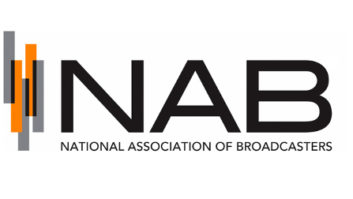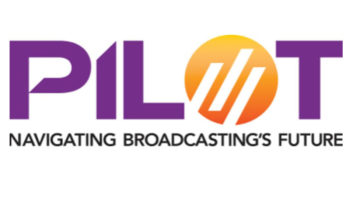Industry attention is on Harvey and other late-summer news stories right now; but discussion also continues behind the scenes in Washington about whether and how to do away with the main studio rule.
We get a glimpse of this via a public filing that summarizes a conversation between FCC and NAB officials, as filed afterwards by the NAB. It involves a small detail yet suggests the ongoing conversations over this pending policy decision.
In early August, Diana Sokolow, an attorney and advisor at the FCC Media Bureau, contacted Erin Dozier, NAB’s senior VP and deputy general counsel for legal and regulatory affairs, to ask specifically about an issue raised by the proposed elimination of that main studio rule.
The FCC had asked in its earlier notice for comments about how people in a community could access a station’s public file if a station maintains any portion of its file on paper but does not maintain a local main studio.
The NAB has said it supports a commission proposal that stations make paper public inspection files available at “another accessible place within the community of license” such as another station’s main studio, an attorney’s office or a local public library.
In the phone call, Sokolow at the FCC asked Dozier for information about the potential impact of making paper public files available via email or paper mail.
According to her summary, Dozier told Sokolow that “NAB continues to believe that maintaining the paper file in an accessible location in the community of license is the best course.”
However, she continued, “NAB does not object to the commission offering email or paper mail as an option [emphasis in the original]. While some broadcasters may appreciate that flexibility, such a requirement would be unduly and unnecessarily burdensome for many broadcasters.”
For example, Dozier wrote, broadcasters with larger public files would now be forced to spend considerable time and expense to photocopy and mail (or scan and email) documents from the public file. “Accordingly, NAB would not support requiring broadcasters to make the paper public file available via email or mail in addition to maintaining a paper file in an accessible location.”
Sokolow also asked her whether a specific section of the rules — 73.3526(c)(2) — is relevant to the discussion. It requires a station that maintains its main studio and public file outside of its community of license to mail copies of documents in the file (excluding the political file) to certain members of the public on request.
Dozier replied, according to her summary, that “This requirement was adopted against the backdrop of the existing main studio rule and should be updated to reflect the elimination of the rule as part of this proceeding. The requirement does not directly address the question of how a station’s paper public file should be made accessible absent the rule.”
That section, Dozier also emphasized, does not keep the commission from adopting different standards for making the file accessible. (And all of this, we can add, is against the backdrop of a general move to online public files and the elimination of the correspondence file requirement; so it’s unclear how many stations would in the long term be affected by the scenarios discussed above.)












